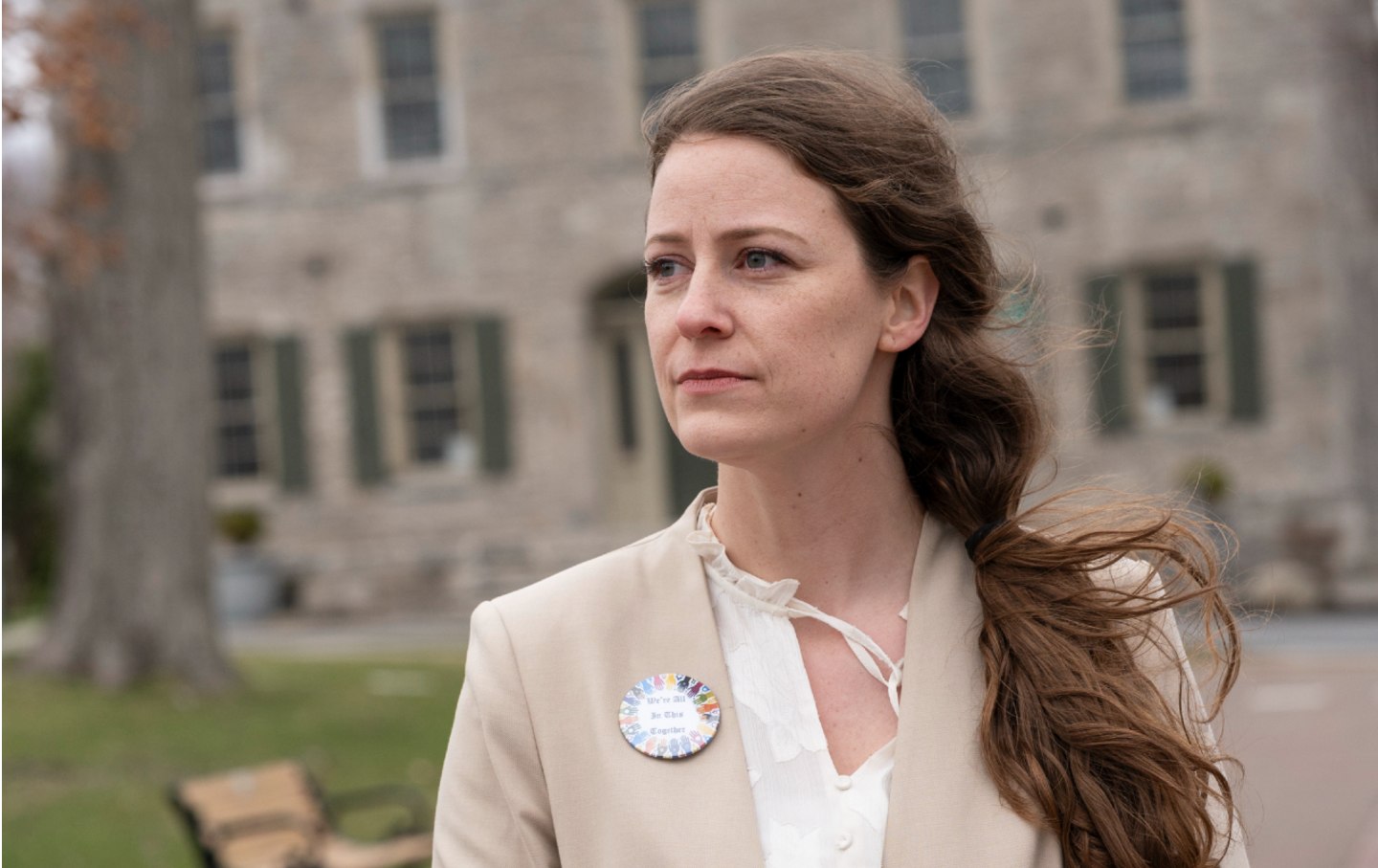On April 14, 2025, it was reported that Ivy League institutions are subtly yielding in the face of former President Donald Trump’s policies on international students. As Trump accelerates America’s shift towards autocracy, a clear class division has become evident. A resistance movement, mostly consisting of ordinary citizens, is forming against Trump, while the nation’s elite appear more willing to acquiesce to his demands.
In an article by political scientist Jodi Dean, featured in The Nation, it was noted that the societal frameworks that underpin democracy are eroding, leading to a widespread capitulation among those in positions of power. Dean cites examples of institutions and influential figures who have shown submission, including Columbia University and the law firm Paul, Weiss, Rifkind, Wharton & Garrison, each complying with Trump’s demands to avoid repercussions.
Meanwhile, ordinary citizens display a readiness to oppose these policies, exemplified by lawmakers, particularly Republicans, avoiding town halls due to pressure from the public. Protests have erupted across American cities as people rally against governmental overreach.
The education sector serves as a significant battleground, displaying a stark contrast between the responses of various institutions. For instance, both the Sackets Harbor school district and the Los Angeles Unified School District have actively resisted ICE attempts to target students. However, prestigious institutions like Harvard have maintained a more passive stance. Kseniia Petrova, a Russian researcher at Harvard Medical School, has been detained by immigration officials, reportedly due to inadequate documentation upon reentry into the U.S. Harvard’s muted response and the staff’s fear of supporting her publicly highlight the institution’s reluctance to challenge current immigration policies.
Recent reports have identified a worrying trend of visa revocations among international students, with incidents spanning various universities, such as the University of Georgia. These actions, perceived as an attack on the core principles of free speech and academic freedom, have prompted criticism from academic circles, including Princeton’s President Christopher L. Eisgruber and organizations like the American Association of University Professors.
The implications for American higher education and the broader elite are profound, as Trump’s immigration policies continue to pose significant challenges. Critics argue that a failure to defend democratic norms calls into question the competency of the current ruling class.
